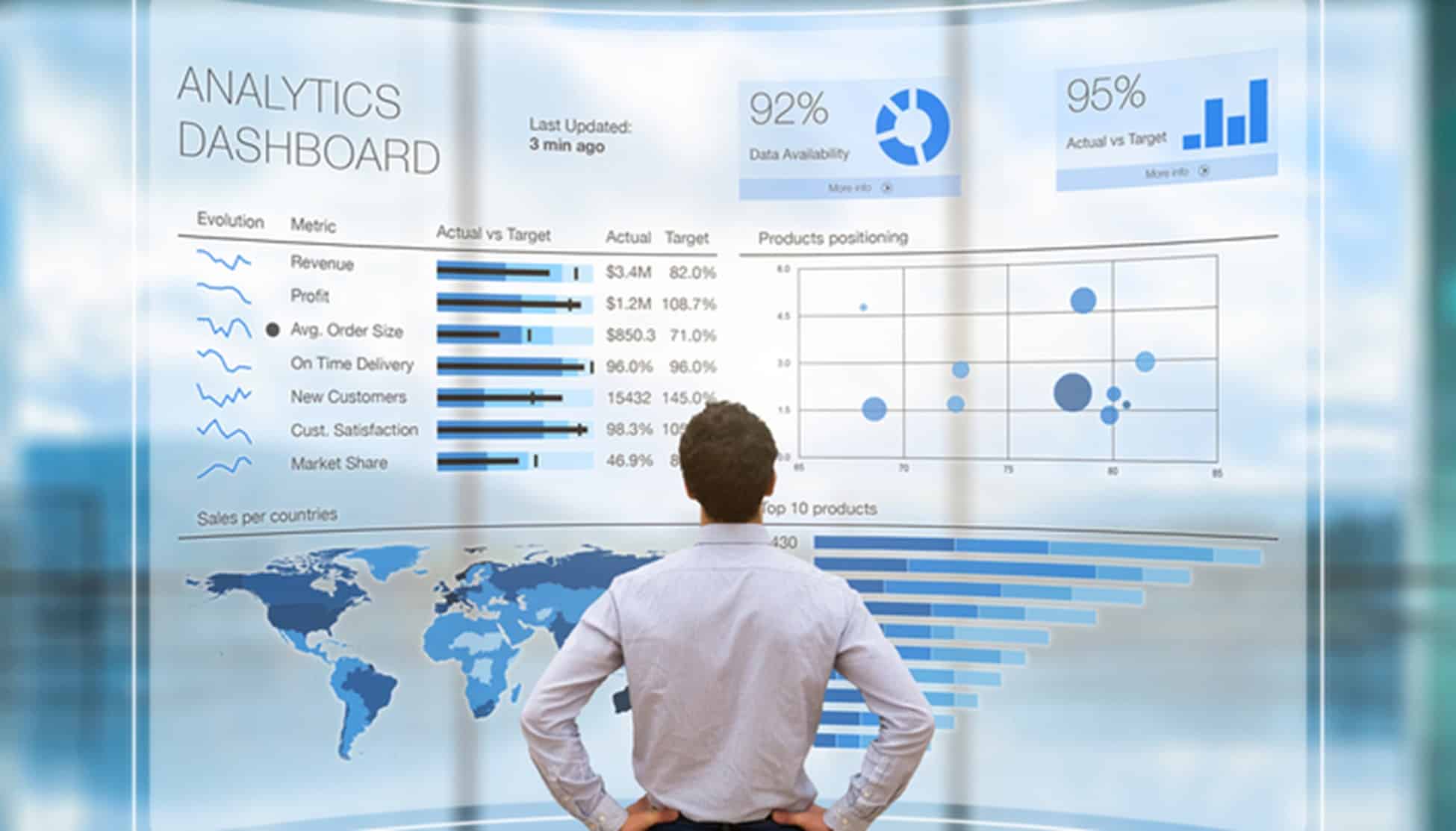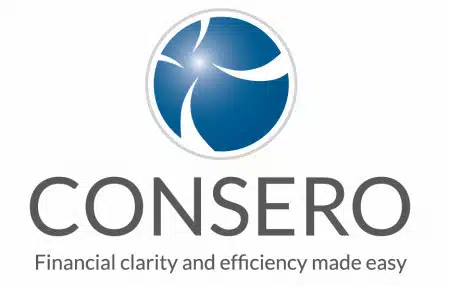In today’s highly digitized business environment, businesses need to move away from paper-based systems and turn to technology to remain competitive in the market. Finance as a Service (FaaS), for example, is an approach that brings Finance and Accounting software together in the cloud. FaaS platforms are developed to meet specific business needs; most of these platforms integrate with existing finance tech stacks.
Some of today’s Finance as a Service is delivered with pre-built integration to enterprise-level Financial Systems. FaaS is an emerging software model in the Finance industry that provides access to all financial data from various systems in one place. This article will explore how Finance as a Services is delivered with pre-built integration to enterprise-level Financial Systems and the benefits of this approach over traditional ERP models.
What Is Fintech?
Finance as a Service FaaS is an emerging technology that allows finance-specific applications to be integrated into existing enterprise software systems. Finance departments can leverage the most up-to-date and cutting-edge technologies without having to worry about lengthy implementation schedules, server upgrades, and data security concerns.
Financial technology (Fintech) is a term that refers to new technologies that seek to improve and automate the provisioning and utilization of financial services. Fintech, at its most basic level, is used to help businesses, company owners, CFOs, and other stakeholders better manage their financial operations, processes, and lives by utilizing specialized software and algorithms employed on computers and increasingly smartphones.
The definition of “fintech” in the late 20th century was initially restricted to the technology at the back-end systems of traditional banks. The term has subsequently been extended to include new technologies and methods, such as cryptocurrencies. However, following the popularity of bitcoin and blockchain technology in the financial industry, there has been a change to more customer-oriented services, thus necessitating a more consumer-focused definition. Fintech now includes education, retail banking, fundraising, nonprofit management, and investment management, among its many categories.
Fintech stands for financial technology as well as services provided by specialized software companies. Finance as a Service is the next generation of fintech that allows enterprise-level financial systems to integrate with pre-built software solutions and integrations.
What Is the Fintech Stack?
A fintech stack, also known as a financial technology stack, is a collection of connected fintech tools used to operate, support, develop, and optimize finance, accounting, and operational processes at an organization. While different from one organization to the next, among the most common fintech tools that make up a fintech stack, we can include:
- Account Payable and Receivable Finance Systems
- Accounting ERP Software
- Expense Management System
- Payroll systems
- Spend Management System
- Accounts payable software solutions that integrate with A/R systems, including Prepay Solutions, are part of the fintech stack. The other significant forms of accounts receivables include:
- Invoice Finance Systems
- Factoring Solutions and many more.
Also, the FaaS software platform can integrate with all of these tools to bring all financial data in a single location for the user. It is easier than ever before for finance teams to oversee and control all their financial data.
The Importance of a Fintech Stack
In today’s era of remote work, building a financial technology stack that contains the proper fintech tools has never been more vital for businesses. Finance and accounting teams may use the best technologies to digitize their usual processes and systems, allowing them to access anywhere.
The financial technology sector is expanding quickly, and financial technology is becoming increasingly important in a CFO’s toolkit. Paper documents and Excel spreadsheets are no longer necessary. While it’s good to use Excel for some tasks, faster tools can speed up data capture and other processes.
Finance and accounting departments are replacing their technology toolkits to take advantage of value-added services like insights and reporting while automating as many procedures as possible. While Excel is still popular for some functions such as financial modeling, faster tools will provide more value and save both time and resources.
Back-end procedures change with the advent of new technologies, requiring that CFOs understand what technology tools they should finance and where to devote their funds. To keep day-to-day operations operating effectively, companies need more than one tool. Depending on the sector, stage of development, and company goals, different organizations require specific financial tools.
Understanding Finance as a Service
Finance as a Service (FaaS) is an outsourced financial service that allows companies to focus on their core business while still having access to the benefits of professional accountants. FaaS integrates with your other critical financial systems and provides real-time reports about how money moves in and out of your company’s bank accounts.
FaaS applications such as accounting, budgeting, planning, forecasting, reporting, and strategic CFO support can be integrated with other critical finance processes. And while this integration will require some technology to be achieved, it takes more than that. The business processes that we are integrating must be compatible with one another.
Finance as a Service (FaaS) aggregates all of your company’s finances in one common database and is working to become the most comprehensive resource for finance professionals. You can use FaaS not only for managing your financial information more efficiently – but also for improving your reporting, strategic planning, and budgeting. The software platform that Finance as a Service uses is designed to integrate with your other key finance systems. Finance as a Service and/or strategic CFO support can be integrated with other critical business processes as well.
How SIMPL Finance as a Service is Delivered with Pre-Built Integration to Enterprise-Level Financial Systems
SIMPL is Consero Global’s Finance as a Service cloud-based software platform with pre-built integration to all enterprise-level financial systems that a company needs. Finance as a Service (FaaS) works by bringing together Spend management systems, Expense management, Accounts receivable and billing systems, Accounts payable and payment systems, Payroll systems, and more.
SIMPL then brings all of this data in one single location so that Finance teams can work on top of the data. It is also important to note that CFOs can have complete control over how they want their Finance and Accounting teams to work: whether it be from a centralized or decentralized approach and having access to all relevant tools for Finance professionals in any location across an organization.
Simply put, SIMPL is a single sign-on and a single source of truth that’s user-friendly and designed to speak to department heads and other stakeholders who have difficulty understanding simple debits and credits. It’s also intended for financial experts who understand financial intricacies such as KPIs, board decks, financial statements, and other financial reports.
Finance as a Service from Consero is designed to make Finance and Accounting professionals more efficient, effective, and productive in their roles while providing them with the tools they need for success.
SIMPL Finance as a Service comes with pre-built integration with all enterprise-level fintech systems: Finance and Accounting software, Spend management systems, Expense management, Accounts receivable and billing systems, Accounts payable, and payment systems. Lastly, it also comes with pre-built integration to all payroll systems. By pre-built, we are referring to a specific best-in-class fintech stack that we’ve put together, which is better than any one company can put together by itself.
When Finance as a Service is delivered this way with pre-built integration to enterprise-level finance systems, it means Finance teams don’t have to worry about integrating their finance and accounting platforms. This way, CFOs and finance teams don’t have to constantly switch between finance systems to see what’s going on in their Finance and Accounting departments. They don’t need to manually combine and distribute data in Excel or other such platforms so that CFOs can get essential views into how the business is doing.
Instead, all relevant information, such as the current cash position, accounts receivable and accounts payable balances and details, approved vendor invoices are presented at a glance within SIMPL Finance as a Service. SIMPL also allows businesses to release payments online, manage employee expense approvals, consolidate hundreds of entities in minutes, etc.
Together with Consero Global, you can unlock opportunities for your business. We assist in establishing scalable systems as we supply a pre-integrated technology stack that can scale with businesses from series B to IPO, ensuring that all established policies and procedures are followed. Clean KPIs and data are available, and we’re providing an expert team that is available to jump into any carve-out or roll-up play in only 30 to 90 days.









